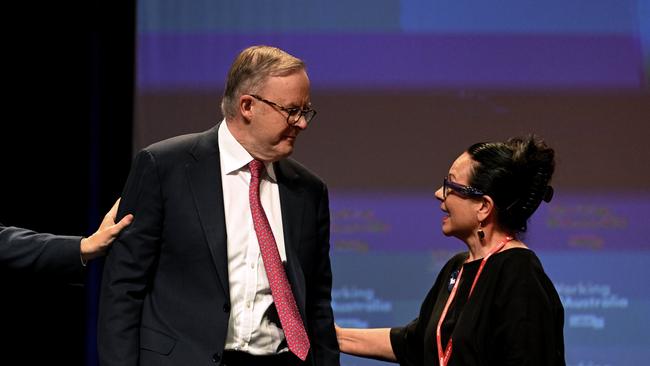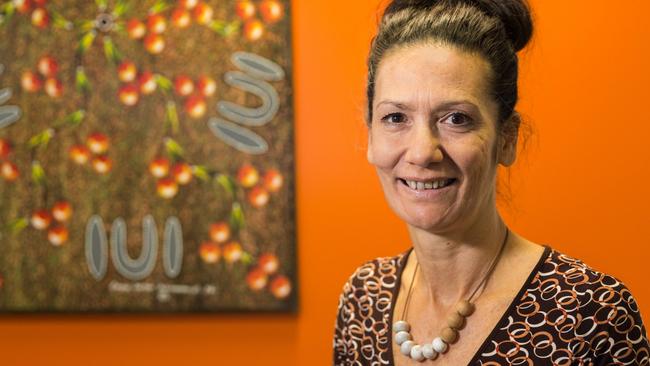ADHD, foetal alcohol syndrome to be targeted in $18.4m investment
The next part of the $250m funding boost for Central Australia will focus on reducing rates of an illness that affects up to one in five children in remote Australia.
Alice Springs
Don't miss out on the headlines from Alice Springs. Followed categories will be added to My News.
Indigenous children in Central Australia will get a greater start at life with a $18.4 million investment to double early intervention rates to address issues like ADHD, autism and foetal alcohol spectrum disorders.
The funding boost is part of the Albanese government’s previously announced $250m plan for the region, and will ensure about 200 children with neurodevelopmental issues can access assessments through the Child and Youth Assessment and Treatment Services Program annually.
Two clinical neuropsychologists, one occupational therapist, two speech pathologists, a clinical case coordinator and an Aboriginal family support worker have already been recruited as part of the expanded program, which provides families with formal diagnosis, speech and occupational therapy for children.
Foetal alcohol spectrum disorder, suffered by children who were exposed to alcohol before birth, causes problems with motor skills, behaviour and learning.
Rates as high as one in five have been consistently recorded in remote Australia, with the disorder identified among as many as one in three young people in juvenile detention.
Addressing the disorder was identified as a major priority of the Albanese Government in the wake of the national attention a youth crime wave in Alice Springs attracted in January this year.

Indigenous Australians Minister Linda Burney said the government was working with the Central Australian Aboriginal Congress to improve health services for First Nations children and young people in the region.
“We know that early support and intervention for children with neurodevelopmental issues can make a big difference at school, at home and in the community,” she said.
“This extra funding for children’s health services is a core component of our landmark investment in Central Australia. It will help CYATS support more than twice as many children as they do now.”
Congress chief executive Donna Ah-Chee said getting the start to life right meant changing a child’s “entire life story”.

“Too many children in our region have been impacted by intergenerational trauma which expresses itself in many cases, in neurodevelopmental disorders such as ADHD, FASD, learning delays and other impacts,” she said.
“If we can assess children early and provide early interventions we can make a big difference.”
Assistant Indigenous Australians Minister Malarndirri McCarthy said foetal alcohol spectrum disorder was often referred to as an “invisible disability,” but for many communities it was a “very visible” part of life that had a “profound impact” on children and their families.
“Expanding the specialist youth assessment service will mean hundreds of children and teenagers get the diagnoses and interventions they need,” she said.





